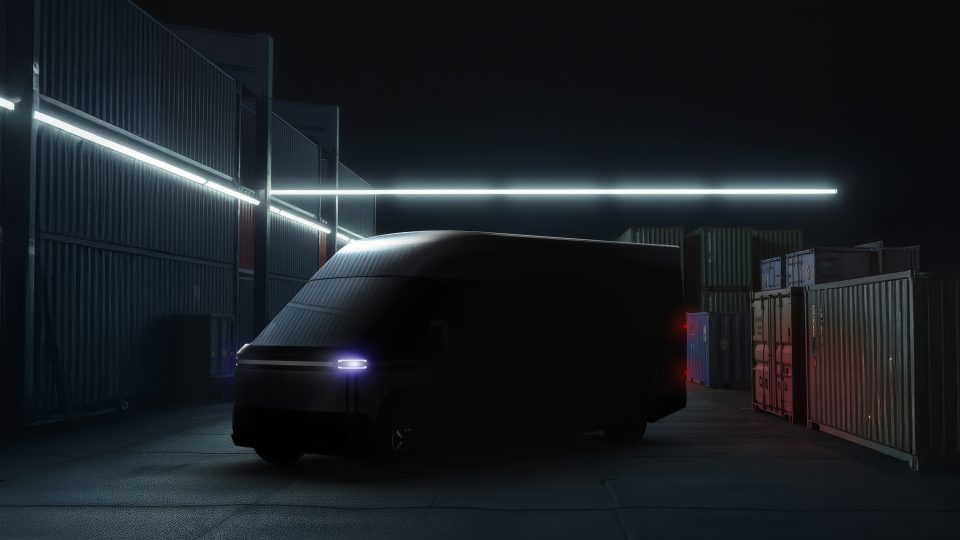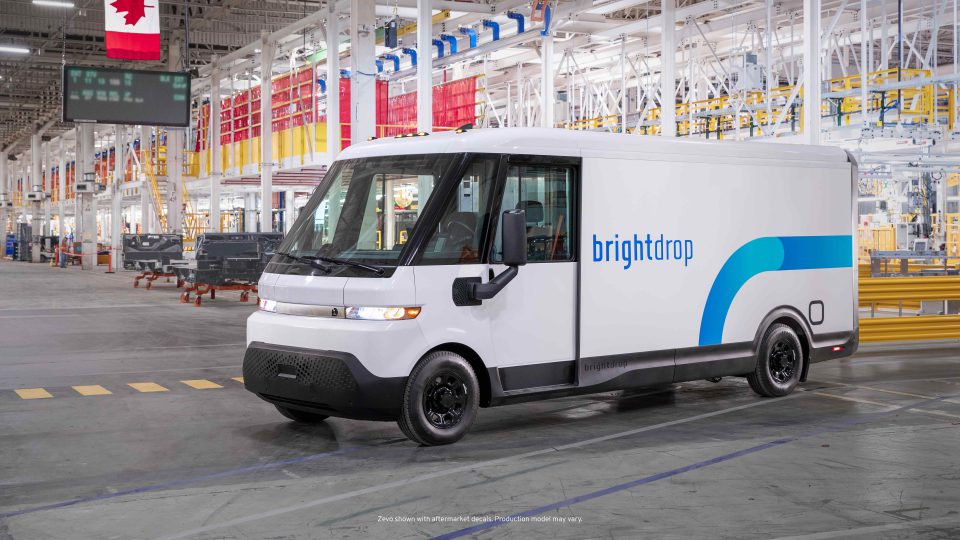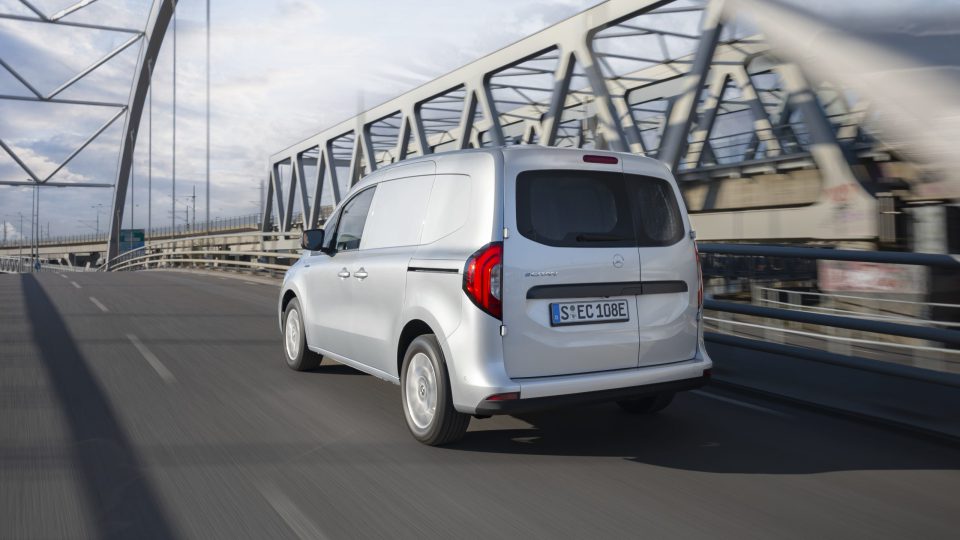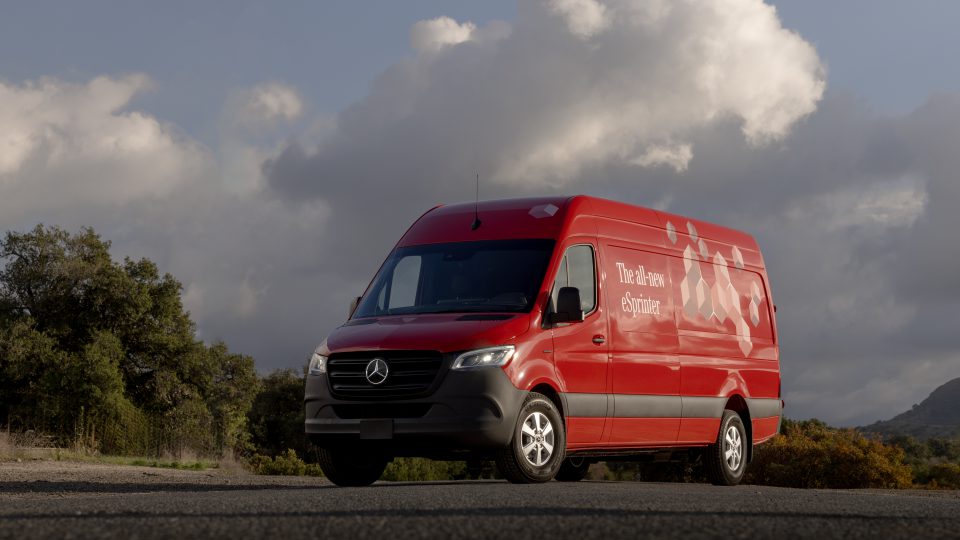Ricardo gets UK Government support to develop sustainable motors for electric LCVs
Ricardo has been developing a rare-earth magnet-free sustainable electric motor concept with aluminium stator windings, which retains the key attributes of magnet-rich motors. The goal has been to create technology which is robust, costs less than current products and reduces lifecycle impact by eliminating the use of scarce resources.
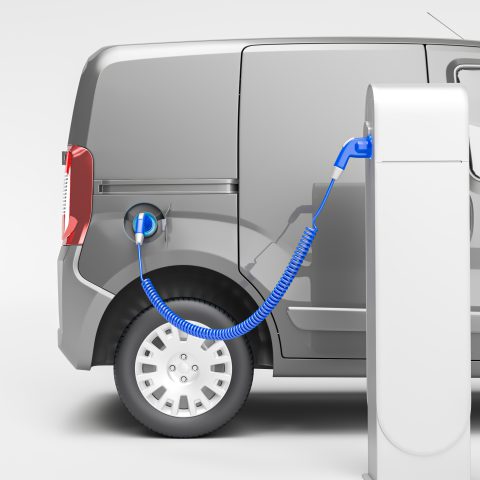
Ricardo will work to develop sustainable motors for electric light commercial vehicles. The renown UK-based engineering and strategic consulting company has won two UK Government-backed innovation competitions to support the UK’s transition to zero emission vehicles. As a matter of fact, the European battery electric light commercial vehicle 2.5t-3.5t market is currently 63,000 vehicles annually. This is forecast to grow to 282,000 vehicles in 2026, continuing to rise to 345,000 vehicles in 2028.
Ricardo is committed to supporting manufacturers by driving cost out of electrification, leveraging our world-renowned expertise in motor innovation, and driving sustainable technology solutions which will support the UK in achieving its net zero carbon emission targets for commercial vehicles by 2030
Teri Hawksworth, President of Ricardo Automotive and Industrial EMEA
Ricardo and the sustainable electric motor concept
Ricardo has been developing a rare-earth magnet-free sustainable electric motor concept with aluminium stator windings, which retains the key attributes of magnet-rich motors. The goal has been to create technology which is robust, costs less than current products and reduces lifecycle impact by eliminating the use of scarce resources for example up to 12 kg of rare earth metals and also high acidification materials such as copper without impacting motor function or quality.
Through the first funding award from the Office for Zero Emission Vehicles (OZEV) in partnership with Innovate UK, Ricardo, along with some more companies involved in the UK-ALUMOTOR consortium, is seeking to develop the motor concept specifically for battery electric light commercial vehicles. This is to improve the take-up of battery electric light commercial vehicles by making them more efficient, cost-effective and more sustainable.
Driving cost out of electrification
Teri Hawksworth, President of Ricardo Automotive and Industrial EMEA, commented: «The cost of electrification is widely recognised as being the biggest barrier to wide-scale adoption of electric commercial vehicles. Manufacturers are also concerned about the supply security and volatile costs of the rare earth metals used in most zero emission vehicles. Ricardo is committed to supporting manufacturers by driving cost out of electrification, leveraging our world-renowned expertise in motor innovation, and driving sustainable technology solutions which will support the UK in achieving its net zero carbon emission targets for commercial vehicles by 2030».
Potrebbe interessarti
Ricardo’s point of view on energy storage and hydrogen development for commercial vehicles
In September 2021, Ricardo announced that it had received UK Government funding of research to reduce the cost of future electric trucks and improve their efficiency and performance. These latest funding awards are a further enhancement to Ricardo’s capability in power electronics, motors and manufacturing for electric commercial vehicles and puts the company in a strong position to support customers in the accelerating drive to electrification.





